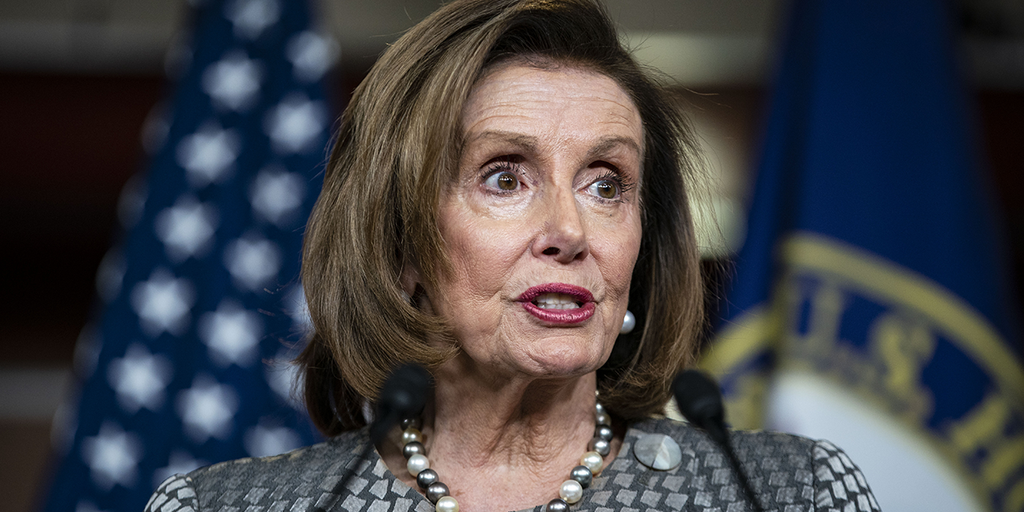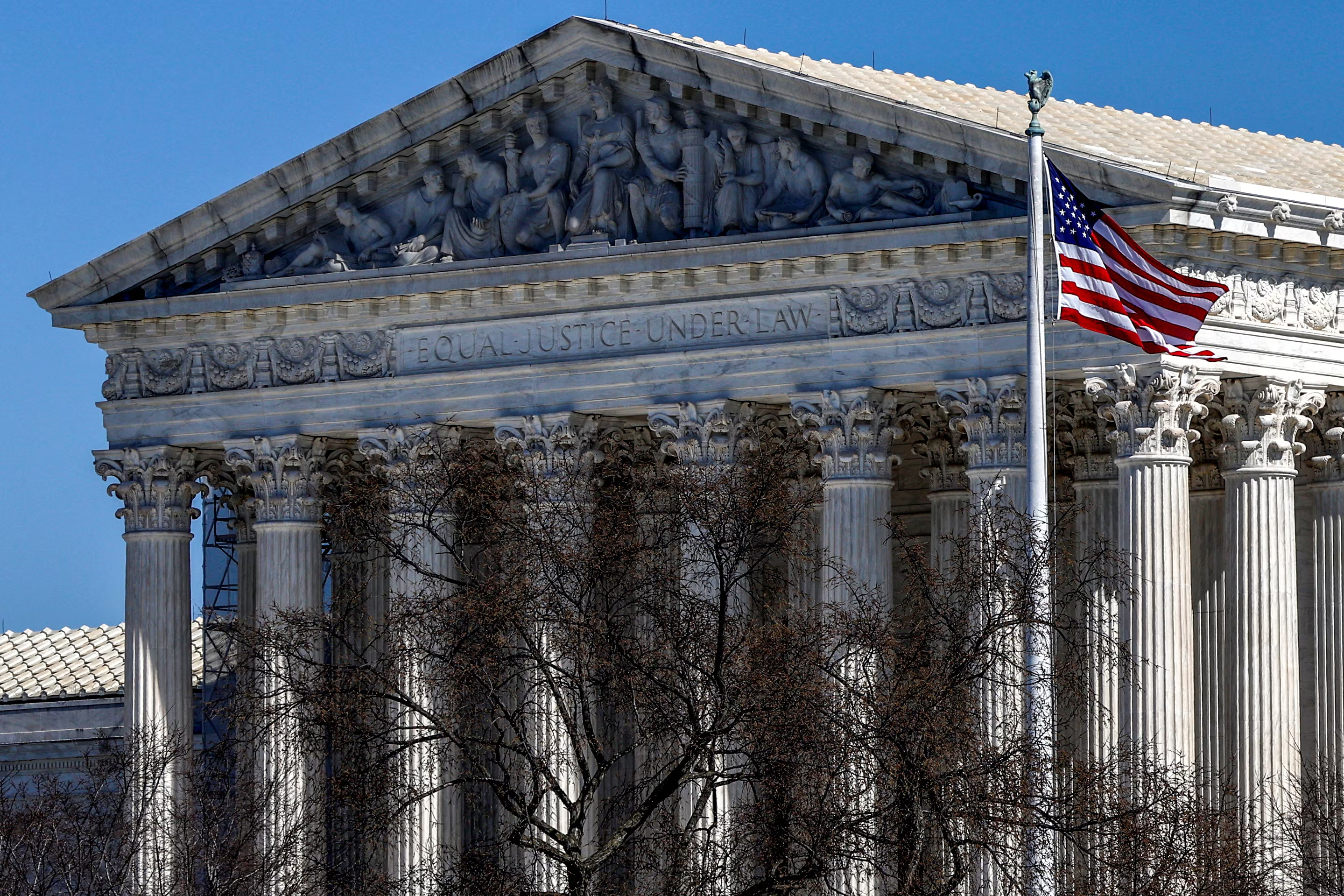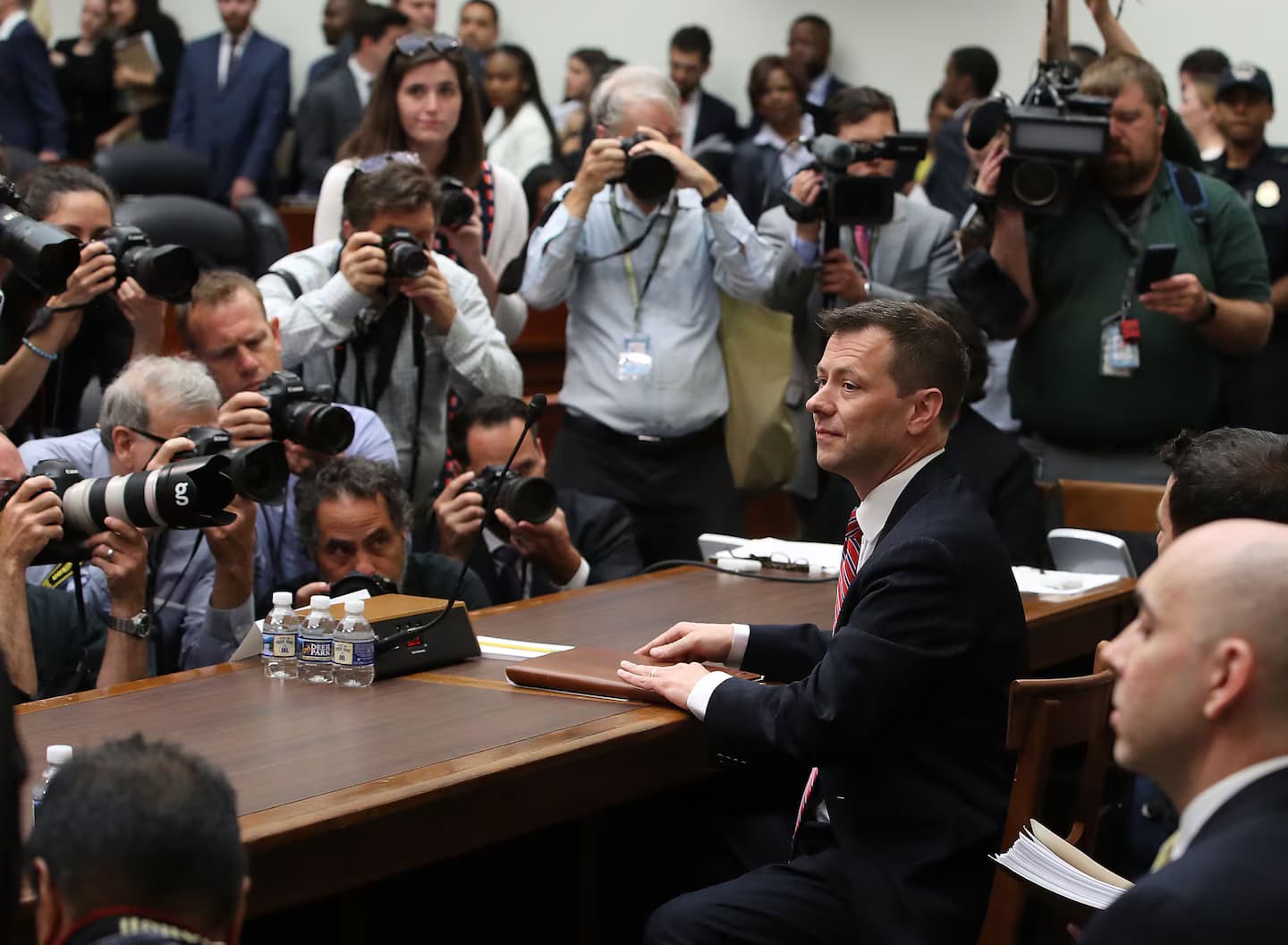America’s democratic institutions, once viewed as bulwarks against extremism, have morphed into traps that threaten the very fabric of our society. The Pew Research Center reports that a staggering 72% of Americans once believed in the United States as a model for democracy; now this belief has plummeted to just 19%. The shift is not merely a sentiment but a harbinger of a systemic failure as we witness the dangerous consequences of a hyper-polarized political landscape.
Political Polarization Undermines Institutional Strength
The very features of American political institutions that were designed to protect democracy have been weaponized by those who seek to consolidate power. The rise of political polarization has transformed the two-party system from a protector of democracy into a catalyst for extremism. The historical context shows that while the two-party system served as a barrier against political extremism, it now accelerates it, creating a landscape where the most radical elements can thrive.
The Rise of Authoritarianism
The current administration, under the leadership of Donald Trump, has aggressively expanded presidential power, undermining the checks and balances that have traditionally kept authoritarian impulses in check. According to reports, the second Trump administration has attempted to reclassify civil servants to facilitate firings and usurp congressional spending powers. The deployment of the National Guard in California against the state"s objections further exemplifies this troubling trend.
Hollow Parties Fuel Extremist Takeover
The hollowing out of political parties has allowed extremist factions to seize control. In a dramatic shift from the past, where party loyalty dictated candidate selection, the current system permits outsiders like Trump to engineer hostile takeovers. As noted by political scientists, this shift has created a situation where the Republican Party is now dominated by a faction that represents only a minority of its membership. According to a YouGov poll, only 16% of U.S. adults identify as MAGA Republicans, yet their grip on the party is undeniable.
The Median Voter Theorem in Crisis
The Median Voter Theorem, which once suggested that parties would gravitate towards moderate positions to capture the largest share of votes, has been rendered obsolete. Polarization has created an environment where voters are willing to support candidates regardless of their fitness for office. This shift allows extremists to thrive, as they can wield significant influence over party platforms and candidate selections.
\n\n
WATCH LIVE: Speaker Pelosi holds weekly press conference | Fox News Video
Electoral Manipulation and Decentralization
The decentralized nature of U.S. elections, intended as a safeguard against fraud, has become a vulnerability. In the battleground states, a few partisan officials can tip the scales in their favor. The Brookings Institution highlights how this decentralization, combined with the extreme partisanship witnessed in recent years, creates an environment ripe for electoral manipulation.
The Threat to the Constitution
Moreover, the sanctity of the U.S. Constitution, often considered a fortress against tyranny, is under threat from within. The Supreme Court"s recent ruling granting presidents absolute criminal immunity exemplifies how judicial interpretations can erode constitutional protections. This drift towards autocracy raises alarms among scholars who warn that America may be crossing dangerous lines that could lead to irreversible damage.
Consequences for Civil Rights and Social Justice
The implications of this systemic failure are profound for civil rights and social justice. As democracy falters, marginalized communities find themselves at greater risk. With the erosion of voting rights through restrictive laws and gerrymandering, the promise of equality is increasingly in jeopardy. The urgency to address these issues cannot be overstated; we must confront the reality that the mechanisms designed to protect democracy could very well facilitate its demise.

Supreme Court"s 2023 term a blockbuster for businesses | Reuters



![[Video] Gunfire between Iraqi security forces and Sadr militias in Baghdad](/_next/image?url=%2Fapi%2Fimage%2Fthumbnails%2Fthumbnail-1768343508874-4redb-thumbnail.jpg&w=3840&q=75)
